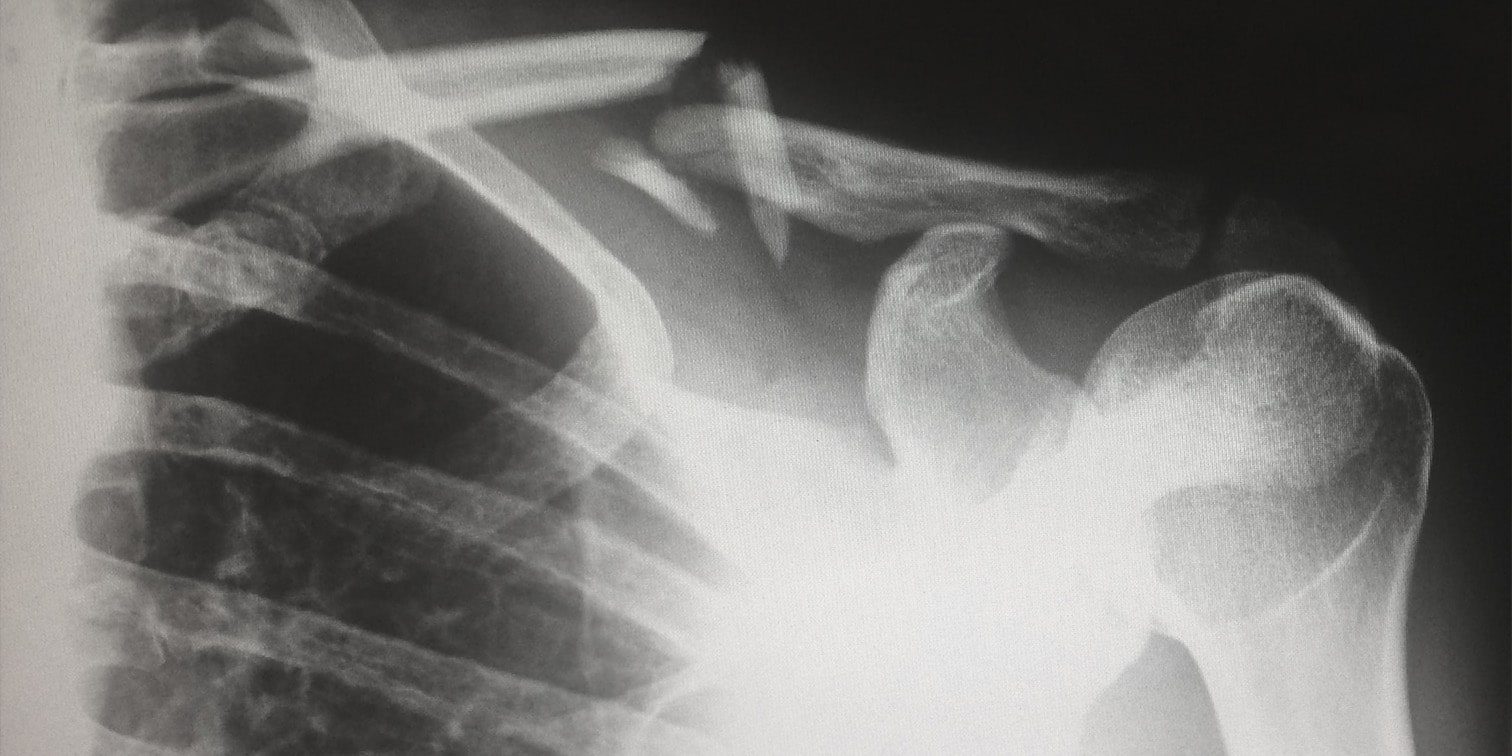If you’re in the middle of a personal injury lawsuit, you will likely face a request for your medical records from the defendant’s insurance company.
Your medical records are an important factor in the case, as they contain information that can validate your injuries. They’re also often used as a basis for calculating the settlement amount.
As such, you need to be careful about releasing medical reports for insurance companies who want to twist the facts in their favor. In this article, you’ll learn what your medical records contain, how giving permission works, and how to protect your medical privacy.
What Exactly Is in Your Medical Records?
Your medical records can span the entirety of your medical history. For an insurance claim, focus only on the documentation highlighting your injury’s diagnosis, treatment, and outlook. This can include:
- Paramedic or ambulance records
- Emergency records
- Hospital records
- Records of MRIs, CT scans, X-Rays, and other diagnostic tests
- Physical records
- Records of follow-up appointments
Regardless of what type of records you have, they need to include:
- A detailed account of your injuries throughout treatment and recovery
- A summary of your treatment
- The exact dates of treatment
- The outcome of your treatment (including long-term injuries and the expected development of your condition)
- A clear breakdown of costs for all your treatments
- An evaluation of your current medical condition
- Any future treatments, with their projected costs
While this may seem like a comprehensive list, your doctor still has the right to withhold certain records. Under the Health Insurance Portability and Accountability Act (HIPAA), they don’t have to release records that include information that:
- You’ve told the doctors you never want to be disclosed
- May cause significant harm to you or others
- May result in unnecessary public panic
- Involves the treatment of a minor
- Your doctor received from other doctors
- Is not directly related to your medical treatment
- Contains psychotherapy notes taken by a mental health professional
Giving Permissions To Release Medical Records
HIPAA protects your medical records. Under HIPAA, you’re only allowed to request medical records for yourself, your child, another adult (for whom you are the legal representative), or a deceased person (for whom you are the legal representative of their estate).
An insurance company does not have the right to your medical information unless you grant their request.
In some cases, however, the insurance company might attempt to access your medical records through a subpoena or a court order. This allows them to bypass the need for your written permission.
Court clerks or attorneys typically issue subpoenas. For example, the insurance company’s attorney can issue a subpoena for your medical records from your healthcare provider.
Unlike a subpoena, a court order is signed by a judge. Court orders are likely in highly-contentious lawsuits, where the insurance company may request an order for specific records or even an independent medical exam (IME). Under a court order, your healthcare provider should only disclose the specific information outlined in the order.
Instead of caving to an insurance company pressuring you to release your records, it’s best to consult with a personal injury lawyer first. They can help you object to a subpoena and seek a protective order from the court. They can also review a court order to ensure it only asks for relevant information.
How Far Back Does an Insurance Claim Go?
How long are medical records kept? The answer varies depending on the state. In California, the retention period can be anywhere from two to ten years, depending on the type of procedure or healthcare provider.
However, an insurance claim medical report should only look as far back as the injury in question.
Determining Scope
It’s common for insurance companies to get hold of your past medical records. This is not motivated by altruism; they want to get the upper hand in your case. They can use your medical history to undermine your claim, especially if you have pre-existing injuries. Remember, their goal is to deny your claim or minimize their responsibility.
You should never give insurance adjusters access to your medical history. Limit the scope to only providers who treated your accident-related injuries. Before releasing any records, you should review them and remove records that fall within the scope. A personal injury lawyer can help you go over your records more thoroughly.
Your Right to Privacy
Keep in mind that the laws are in your favor when it comes to the privacy of your medical records. Don’t allow insurance companies to pressure you into signing blanket agreements. HIPAA may protect you against the unauthorized release of your information, but signing an agreement will invalidate that protection.
You don’t have to comply with requests for medical records if they seem unrelated, inappropriate, or dishonest. Be sure to ask the insurance adjuster for the exact reasons for their requests. If you’re not satisfied with their answers, you can simply decline because it invades your privacy.
Protect Your Privacy With an Expert Personal Injury Lawyer
Insurance companies are skilled in the art of negotiating claims. However, even when you have the right to compensation, it’s still an uphill battle to receive the settlement you deserve. If you want to protect your rights, work with an experienced personal injury lawyer.
Lawyers at the Law Offices of John J. Perlstein have years of experience handling personal injury cases and negotiating with insurance companies — feel free to call us at (213) 252-1070 or contact us online for a free consultation today.
